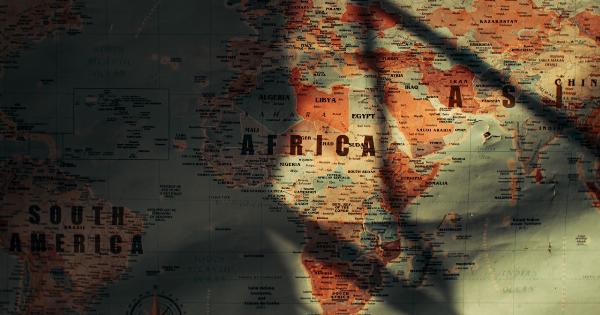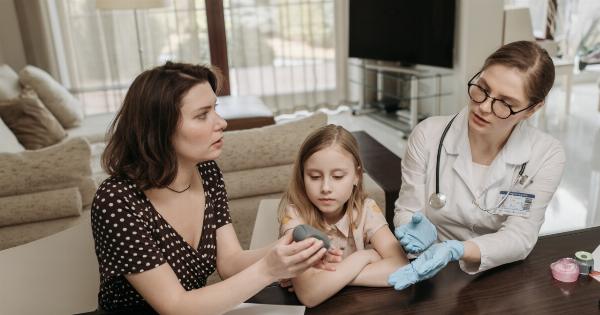In recent news, it has been reported that a healthcare worker in West Africa has tragically succumbed to Ebola. This devastating incident serves as a grim reminder of the ongoing battle against this deadly disease in the region.
The healthcare worker, whose identity remains undisclosed, was on the frontlines, tirelessly working to treat and care for patients affected by Ebola.
A relentless fight against Ebola
For years, several countries in West Africa, including Guinea, Liberia, and Sierra Leone, have been grappling with the Ebola virus outbreak.
The region has witnessed the devastating impact of this highly infectious disease with thousands of lives lost and communities torn apart. Healthcare workers have been at the forefront of the battle, risking their lives to save others.
The loss of a healthcare worker to Ebola is a stark reminder of the risks they face daily while providing critical care to patients.
Despite following stringent safety protocols and precautions, these dedicated individuals are constantly exposed to the virus, putting their own lives at stake in the pursuit of saving others.
Risks faced by healthcare workers
Healthcare workers who treat Ebola patients face significant risks due to the nature of the disease. Ebola is transmitted through direct contact with bodily fluids of infected individuals, making healthcare workers vulnerable to contracting the virus.
This risk is amplified in areas with limited resources, where protective equipment and facilities may be inadequate.
Furthermore, the long hours, high levels of stress, and emotional toll of witnessing suffering and death can take a toll on the mental and physical well-being of healthcare workers.
Despite these challenges, they continue to provide care and support to those affected by Ebola, driven by their dedication to saving lives.
The impact on the community
When a healthcare worker succumbs to Ebola, the impact goes beyond the individual and their loved ones. It reverberates throughout the community, intensifying fear and panic.
The loss of a healthcare worker not only affects the delivery of healthcare services but also erodes trust in the healthcare system.
Communities heavily rely on healthcare workers for support, guidance, and treatment during an Ebola outbreak. Their dedication and expertise are crucial in curbing the spread of the virus and providing care to those in need.
The loss of a healthcare worker not only creates a void in the healthcare workforce but also diminishes the community’s hope during these challenging times.
The need for support
The death of a healthcare worker from Ebola highlights the urgent need for increased support and resources.
It is imperative to prioritize the safety and well-being of healthcare workers by providing them with adequate training, protective equipment, and facilities. Additionally, mental health support and counseling should be readily accessible to help them cope with the emotional toll of their work.
International organizations and governments must collaborate to strengthen healthcare systems in West Africa, improving infrastructure and ensuring the availability of necessary resources.
This includes robust surveillance systems, effective contact tracing, and efficient isolation and treatment facilities. Investing in the healthcare workforce and ensuring their safety is crucial in containing and ultimately eliminating the Ebola virus.
Continuing the fight
Despite the loss of a healthcare worker, the fight against Ebola in West Africa must go on. It is vital to honor the sacrifice of those who have lost their lives by redoubling efforts to prevent, detect, and respond to future Ebola outbreaks.
Educating communities about the risks and preventive measures, promoting good hygiene practices, and encouraging early reporting of symptoms are essential in controlling the spread of the virus.
Contact tracing and rapid response teams should be strengthened to identify and isolate suspected cases promptly.
Furthermore, ongoing research and innovation in the development of vaccines and treatments for Ebola are crucial.
International collaboration and support are essential in ensuring equitable access to these advancements, particularly for the most affected regions.
Together, we can overcome the challenges posed by Ebola and prevent further loss of lives.
By supporting healthcare workers, investing in healthcare systems, and empowering communities, we can create a resilient and prepared healthcare infrastructure that can effectively respond to future health crises.






























